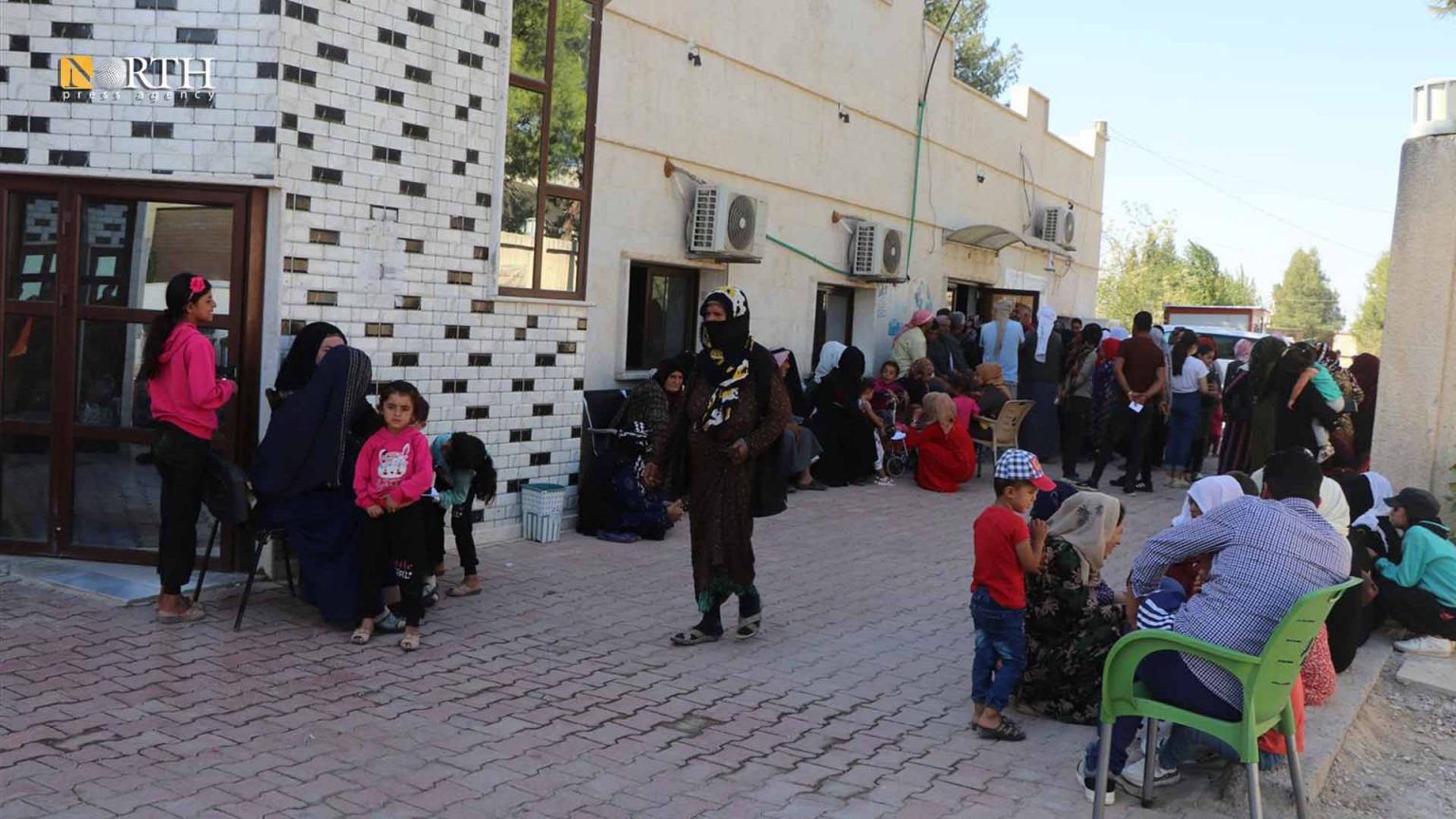Leishmaniasis seriously spreads in IDP camps in Syria’s Hasakah
TEL TAMR, Syria (North Press) – More than a thousand cases of leishmaniasis have been recorded during the past few months, officials in the Health Sector in the camps for IDPs in the city of Hasakah, northeast Syria said on Thursday.
Like various areas in Hasakah, leishmaniasis, known locally as “Aleppo boil”, has spread in the Washokani and Sere Kaniye camps for displaced people from the city of Sere Kaniye (Ras al-Ain) since last August, in the absence of the elements of hygiene and other health conditions.
Since August, the number of infections with leishmaniasis in the camp has reached 1,320, including 250 new cases during last November only, North Press reported Mahjoub Hisso, an administrative official in the Washokani camp clinic.
The camp has new infections almost every day. We have from about 200 to 300 cases monthly, he said.
Hisso attributes the causes for the spread of leishmaniasis within the camp to the recently visit that the camp’s residents paid to their relatives in the town of Tel Tamr in the last period, especially since the Khabur River passes near Hasakah, where the camps are suitable areas for the spread of diseases and epidemics.
Wastewater swamps formed in the Khabur River after it dried up this year, due to Turkey’s impounding of water, in addition to the lack of insect control by the municipality, caused the spread of various types of insects.
The Kurdish Red Crescent is the only side that provides treatment for the infected people within the camp, he added.
“The vaccine is somewhat available. Sometimes there is a delay in the delivery of doses to the medical points, because the number of infected people was not expected to reach this size,” he noted.
According to the doctors, the infected people receive eight doses of the vaccine until they recover. These doses are provided by the Kurdish Red Crescent in coordination with medical organizations operating in the region, free of charge.
Sere Kaniye camp, in Tala’e neighborhood, east of the city of Hasakah, has recorded about 230 cases of leishmaniasis over the past four months, Dilawar Farhan, director of the camp’s health office, told North press.
Farhan expects that this number will rise even more during the coming period, as 50-60 new cases are recorded per month.

